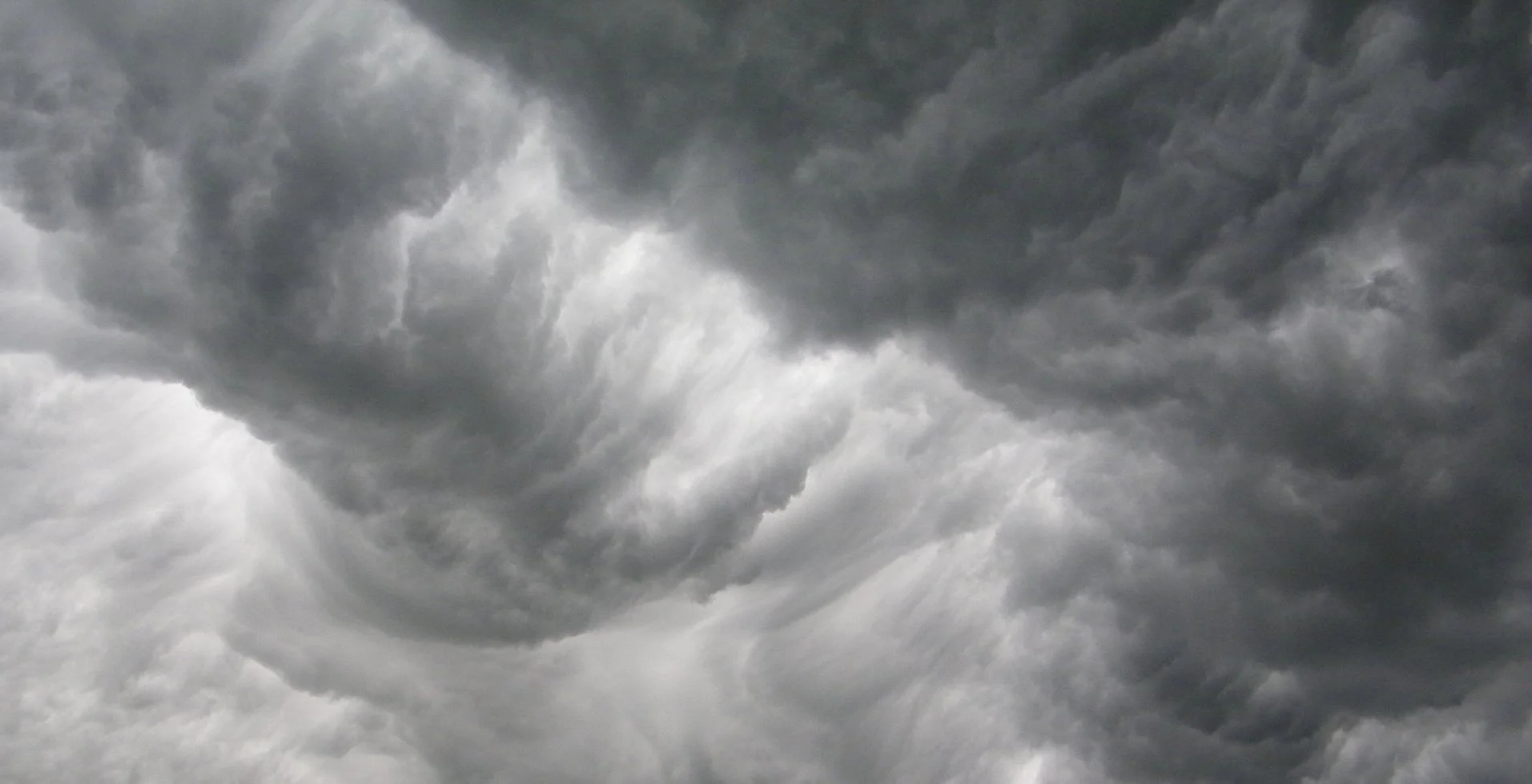![Lifted Up: An Anglican Approach to Eucharistic Adoration]()
On November 30, 2022, the primate of The Episcopal Church, Bishop Michael Curry, who is not known for particularly high churchmanship, presided at a service of Benediction of the Blessed Sacrament in Washington, DC. It might be surprising to see an Anglican bishop leading such a peculiarly ‘Roman’ devotion. But Eucharistic Adoration (by which I mean various forms of paraliturgical worship of Christ present in the Eucharist), has gained a significant foothold in the Anglican Communion today. Prominent Anglo-Catholic parishes regularly offer well-attended services of Exposition and Benediction. For the last six decades, the Episcopal Diocese of Fond du Lac has hosted an annual Eucharistic Festival to foster adoration of Christ in the Blessed Sacrament. And the strictures of the COVID-19 pandemic have sparked interest in eucharistic devotions even among some self-consciously low church Anglicans.
More Protestant-aligned critics are understandably concerned that the rise of Adoration among Anglicans is incompatible with the church’s Reformation heritage. The legacy of the Reformers is undeniable and unavoidable, and their insights ought to prompt careful examination by Anglicans of the liturgical theology and pastoral practice of eucharistic adoration. But I would argue that, with due attention to history, the flowering of Anglican eucharistic devotions need not be rejected as paradoxical or problematic. Indeed, intentional cultivation of these devotions offers significant spiritual benefits within our contemporary context.








